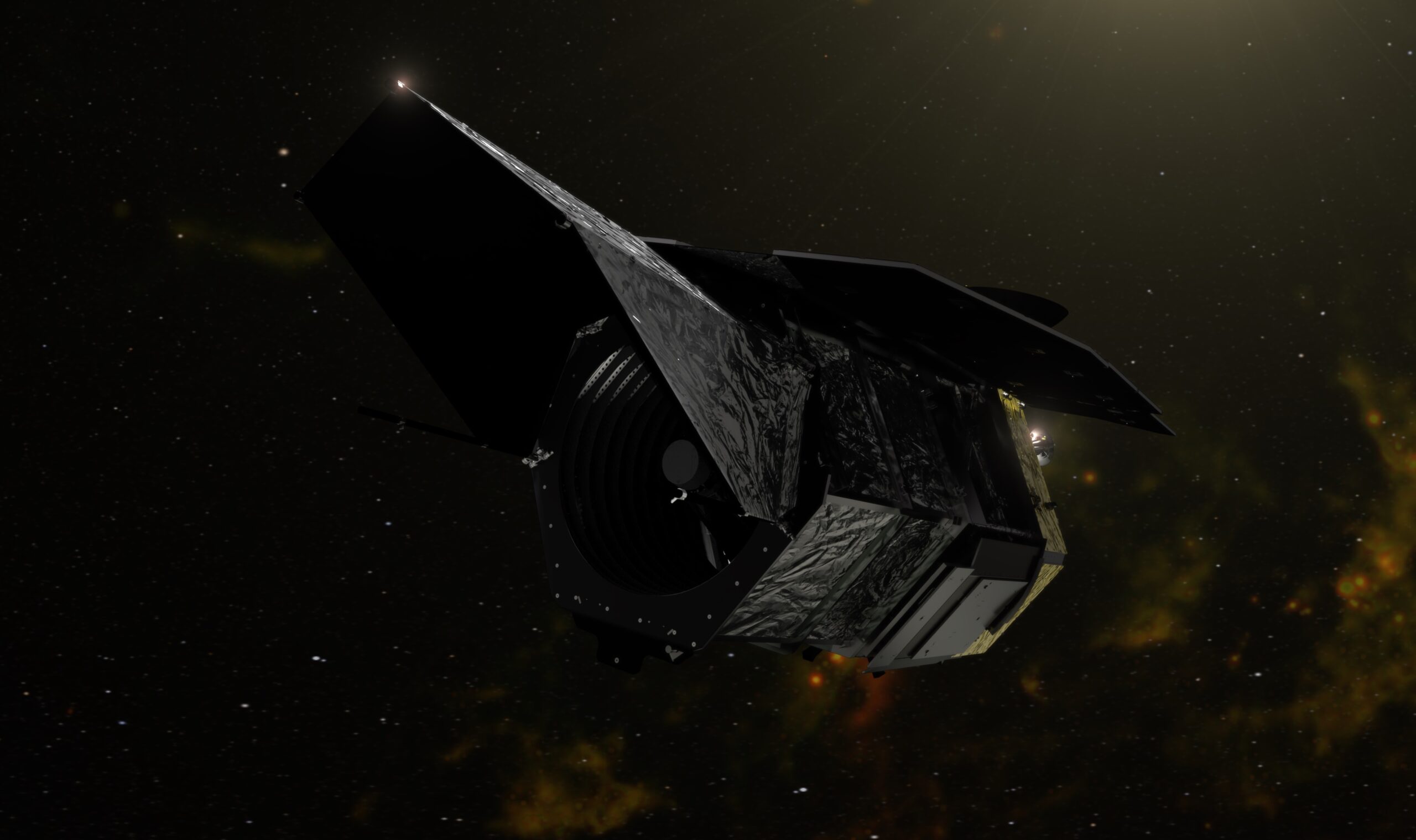More rogue planets than stars in the Milky Way?
When stars are born, their surroundings are not for the weak or squeamish. Planets have to find their way through a young system that has not yet reached a steady state. If they are unlucky, they will be swallowed up by larger planets – or flung out of the system entirely. Then they become lonely wanderers traversing the universe as ice-cold, rocky hunks that are very difficult to detect.
Nobody knows how many of these so-called “rogue planets” there are, because normal telescopes cannot detect their extremely low energy signatures. And they also can’t be discovered by means of transit events, like with normal exoplanets, because they aren’t orbiting a star.
Not to worry, because help is on the way from NASA’s new Nancy Grace Roman Space Telescope, which was initially being built under the name WFIRST (Wide Field Infrared Survey Telescope), but has since been renamed for the “mother of Hubble,” the American astronomer Nancy Roman Grace (1925-2018). The telescope, which is called Roman or RST for short, will investigate the universe in the infrared from a location at the Lagrange Point L2. With its 2.4 meter (7.9 ft) mirror, it should have a field of vision 100 times larger than Hubble’s.
A current article in the Astronomical Journal describes how important this will be for the search for rogue planets. In the article, the authors show that the RST will be able to detect individual planets that are the size of Mars or larger. It’s possible the telescope will also bolster the idea that our Solar System is a rather unusual case. It might actually be that there are more rogue planets in the Milky Way than stars. The RST is slated to find out if this is the case starting in 2025.
